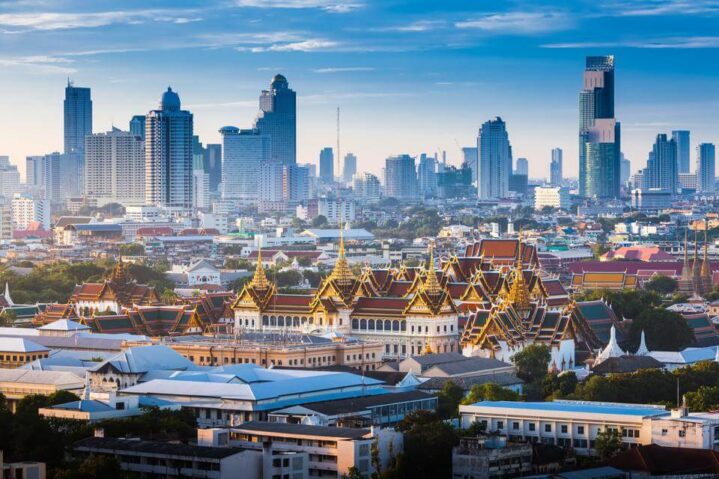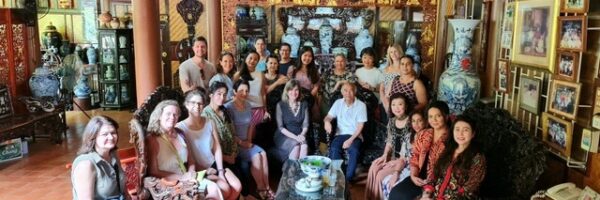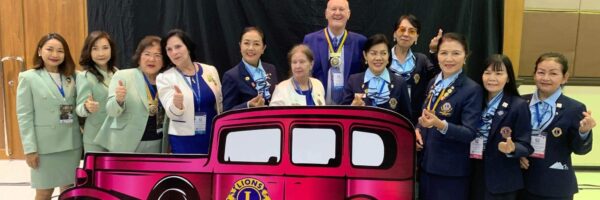
Thailand is just like Hollywood
– when they need you, they need you very badly when they don’t need you, they don’t need you at all
There is an old Hollywood saying: “When they need you, they need you badly; when they don’t need you, they don’t need you at all”. Thailand is exactly the same as Hollywood concerning Thai expats (or “farangs”) here.
Thailand and “farangs” have had a remarkably interesting, if convoluted and complex, relationship over the past four centuries.
When the Portuguese showed up in Ayutthaya back in 1511, both parties immediately benefitted from the initial meeting. The Thais knew the Portuguese were here in the kingdom for trade. The Portuguese knew the Thais were most interested in the latest weaponry, mainly cannons and muskets, and the latest or most advanced military technology.
The cultural exchange with the Portuguese, like all similar exchanges, brought additional benefits to the Thais. The Portuguese also offered personnel to train the Thais and how to use, and even build, their own weapons. The Thais reaped additional benefits. Portuguese mercenaries served in the Thai Army and the Portuguese introduced sweet desserts and tasty snacks plus chilli peppers that are all still enjoyed today.
Even as other European countries started to pile in here, things changed. Some brought along missionaries to convert the Thais to Christianity. Then these nations started to meddle in internal and international political affairs causing headaches and problems for the Thais. Of course, it ended badly due to overreach and hubris. Except for the Dutch, all “farangs” were expelled. The Thais did not need foreigners at all.
With the return of the first British trader, Robert Hunter, in the early 1820s, he made an astute move. He brought along 100 muskets as a gift to the kingdom. But the Thais were wary of foreign contacts and international relations grew incrementally until the seminal 1855 Bowring Treaty. Suddenly, the Thais saw they needed “farangs” again very much. As King Chulalongkorn (King Rama V) saw the only way to keep Thailand’s independence was to modernise in the Western sense of the word, he decided to hire expat experts in law, government, medicine, finance, electrification, water treatment, transportation, and communications since the Thais did not have anyone qualified in these topics. Now the Thais needed “farangs” again.
As Thais gained the expertise and knowledge, the need for expat experts slowly dwindled. One by one these “farangs” were replaced by capable Thais over the years. With the start of the Vietnam War in the early 1960s, Thailand needed military assistance to protect the kingdom, but with the end of the war in 1975 they didn’t need the American military any longer. Things settled back to normal.
Now Thailand is becoming an “aged” society. One great idea is to extend invitations to highly qualified, tech savvy, (and rich) expats to come here to work or reside. The Thais once again see the great benefits of having “farangs” inside the country.
(Visited 122 times, 1 visits today)



